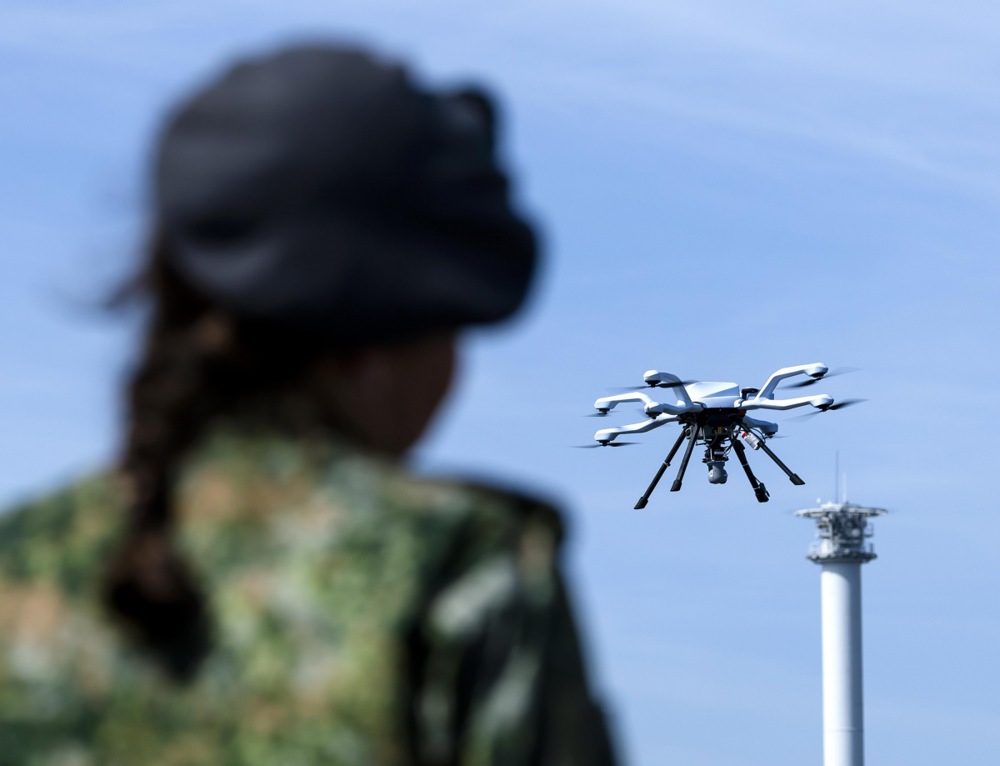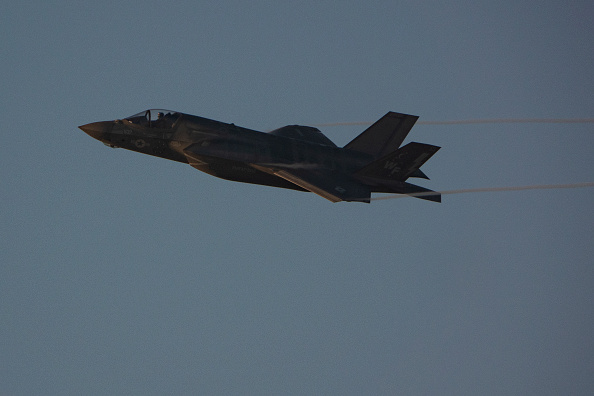The Belgian government has decided on a new deadline of Christmas to reach a budgetary agreement, failing which Prime Minister Bart De Wever will resign.
The Kern — the inner circle of ministers that makes key governmental decisions — decided today that De Wever would throw in the towel on arduous budget talks if no deal is secured by the new deadline, after another was missed.
Leaving the table is the “easy” solution, whereas compromise requires “political courage,” said Belgian European Commissioner for Crisis Management Hadja Lahbib, RTL reported.
Negotiators were unable to reach an agreement on a federal budget framework by the October 14 deadline, prompting De Wever to meet King Philippe and set the new Christmas deadline to secure a deal.
The budget could not been agreed amid coalition tensions over different fiscal measures proposed by N-VA leader Bart De Wever. One of them is to raise VAT from 21% to 22% — a move that could generate several billion euros to meet the €10 billion in savings demanded by the European Commission.
But the Liberal MR party, a coalition member, remains firmly opposed. Its president, Georges-Louis Bouchez, rejects any new taxes, saying that Belgians are already overburdened.
At the same time, drone intrusions above military areas have increased in Belgium — home to NATO’s headquarters — putting additional stress on the government.
“This is a bad time to resign,” said Lahbib, citing rising security threats. “Belgium’s security situation and the country’s crisis preparedness are the real emergencies,” she said. “These challenges require stability, which rules out a governmental resignation.
“Ego should not take up so much space in politics,” she added, calling on political leaders to serve citizens rather than themselves.”
De Wever today attended an emergency National Security Council (NSC) meeting this morning to address the drone issue. The NSC brings together, under the Prime Minister’s authority, the Minister of Justice Annelies Verlinden, Defence Minister Theo Francken, Interior Minister Bernard Quintin, and Foreign Affairs Minister Maxime Prévot.
“If the police want to act, there must be a clear legal framework. It is our job as politicians to ensure that,” said Quintin after the NSC meeting. He stressed that a mandatory registration system exists for drones and their operators. “We do not live in a system where everyone can do as they please. We cannot ban all drones, as we also need them for our security,” he said. “But I would emphasise that flying a drone over an airport and endangering safety can lead to 10 to 20 years in prison.”
For Francken, from the same N-VA party as De Wever, the priority is to make the National Air Security Centre (NASC) in Beauvechain, in the south of the country, operational as soon as possible. “Such a structure already exists for the navy, but we need one for aviation and airspace as well. It will allow all services to work together in a coordinated way,” Francken said.
Mobility Minister Jean-Luc Crucke announced after the NSC meeting that he would move to ban unauthorised drones over sensitive areas. “There is already a regulatory framework, which will now be better enforced. I will introduce a royal decree banning unauthorised drones over sensitive zones. The assessment has been made, and this will improve co-ordination,” he said.
De Wever’s potential resignation over the federal budget comes at a particularly challenging moment, according to Lahbib.





